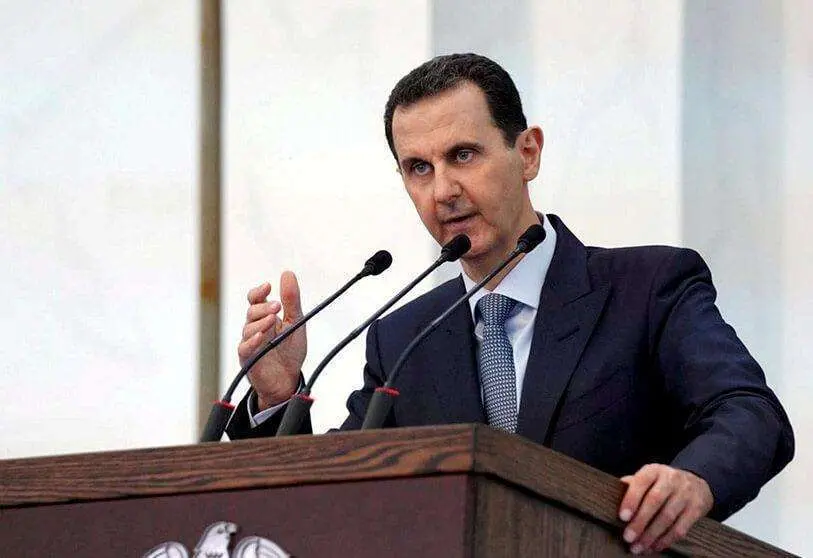Requiem for Syria

It is 12 years since the start of the war in Syria, and the situation continues to be heartbreaking, for those who remain in the country, as well as for those who from outside watch with concern the indifference of a world that erases all responsibility from Bashar al-Assad, and points to last month's natural disaster as responsible for all the ills.
Some Arab states, including Jordan, the UAE, Bahrain and Algeria, had already re-established relations with the Syrian regime before the earthquake, in a strategy that has been described as a policy shift 'from punitive isolation to 'step-by-step' diplomacy' that would give Syria an Arab 'counterweight' to Iran, ease economic hardship, encourage the regime to accept reforms and ensure the safe return of refugees. In the aftermath of the earthquake, however, this step-by-step strategy quickly devolved into a fast-track diplomacy that is erasing al-Assad's responsibility for the barbarity caused by years of war.
Earthquake diplomacy makes it easier and more justifiable for countries that once turned their backs on al-Assad to turn back to the Alawi leader, driven now by the cold 'realpolitik' of a tacit recognition that al-Assad's grip on power is ironclad and unlikely to be challenged any time soon.
In short, once again, after twelve years of war, a tragedy for Syrians ends up being a blessing for al-Assad.
